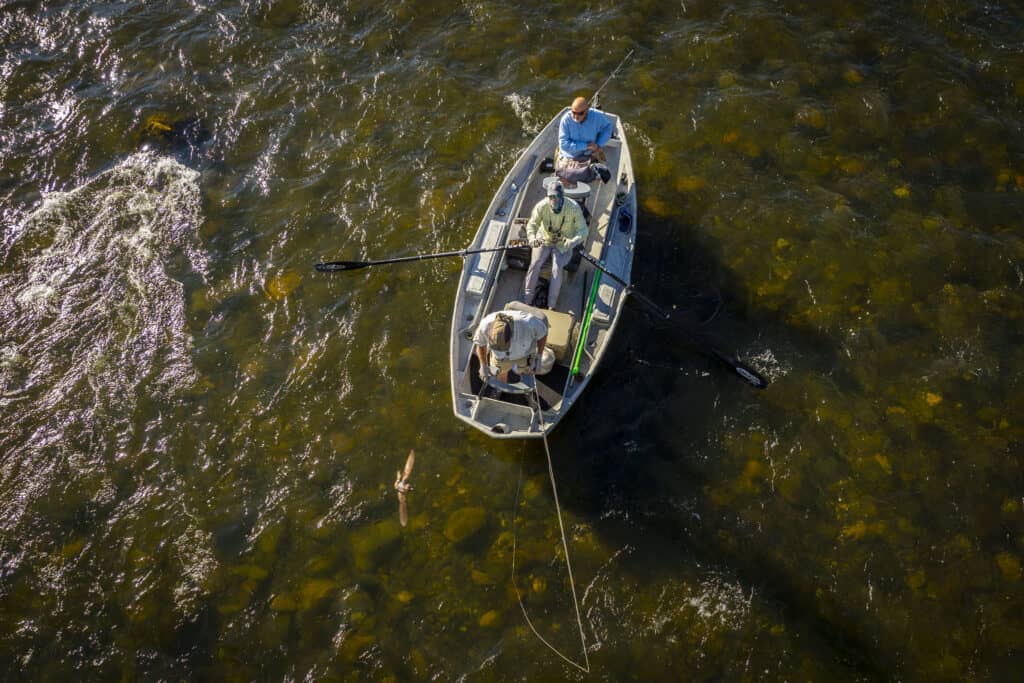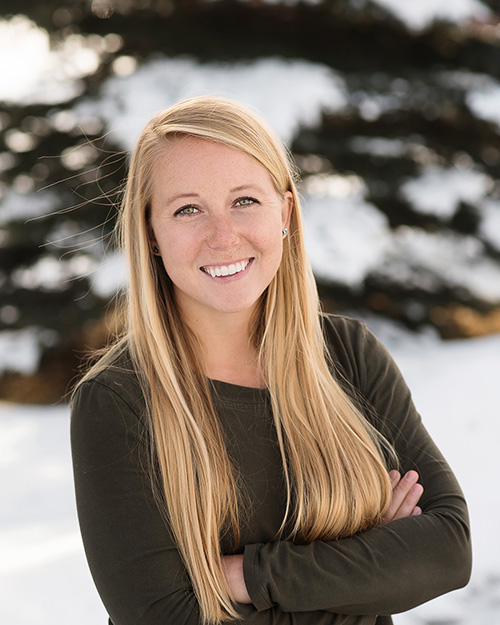
This article was originally published in the Bozeman Daily Chronicle.
Float down the Madison River on a nice summer day and you’re in for a people-watching treat. Groups of college students bob past in colorful floaties, anglers row by in driftboats, families float downstream in rafts, outdoor enthusiasts stop by for a quick dip after a day of adventures, and dogs happily paddle around after tennis balls.
No matter what brings you to the river, chances are you appreciate access to the water and the amenities provided at those access sites. Fishing access sites maintained by the Montana Department of Fish, Wildlife, and Parks regularly provide parking areas, boat ramps, bathrooms, signage, and even campgrounds for river users. With more people enjoying a wider range of recreational activities, caring for and funding these sites is a major challenge. Thanks to the new Montana state conservation license, those of us who use and enjoy fishing access sites and other state lands will better support the outdoor opportunities we love.
Historically, hunters and anglers have funded the majority of the Montana Department of Fish, Wildlife, and Parks budget through license fees and excise taxes on hunting and fishing equipment. While hunters and anglers remain proud financial supporters of outdoor opportunities, growing pressures on recreational infrastructure from a wide range of recreational users and increasing maintenance costs created problems for state land managers.
With the new conservation license structure that goes into effect on July 1, a wider range of users will help financially support the recreational infrastructure that supports so many activities outside of hunting and fishing. This change is the result of a legislative proposal from Representative Denley Loge (R-St. Regis) that passed with wide bipartisan support. Now paddleboarders, floaters, swimmers, and others are required to purchase an $8 conservation license with the money going to care for the sites and resources they use. The conservation license covers users at fishing access sites, wildlife management areas, wildlife habitat protection areas, and state trust lands through a revenue-sharing agreement with the Montana Department of Natural Resources and Conservation.
Our local community already understands the huge recreation access benefits that can come from chipping in a little bit for projects like plowing Hyalite Canyon or grooming the public nordic trails. A similar lesson can be applied here on our state lands to keep boat ramps functioning, outhouses cleaned, and campgrounds open.
Beyond generating revenue for state recreation sites, the adoption of a universal conservation license helps streamline the licensing process for recreationists. Rather than trying to navigate a complicated process of multiple licenses to recreate on state lands, users just have to purchase one conservation license.
I’m proud live in a state that cares so deeply about recreation and public lands. When I think about all of the things I could spend $8 on—a few gallons of gas or maybe a beer on Main Street that would be gone in an hour—I would much rather see that money go to supporting our state lands for a whole year. The new conservation license is the opportunity for us all as anglers, floaters, paddlers, swimmers, hikers, bikers, dog walkers, and more to collectively invest in the places that make our community so special.



